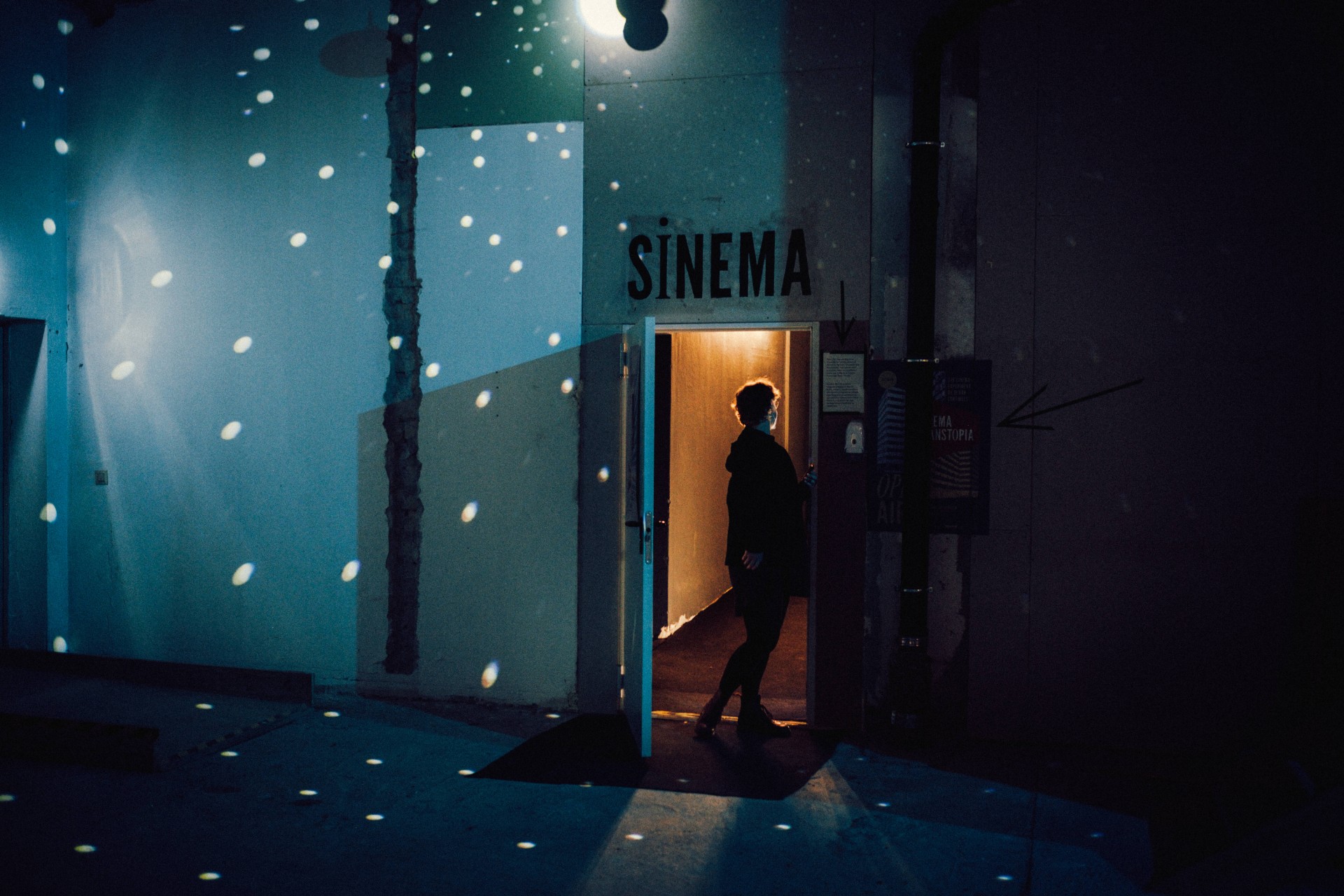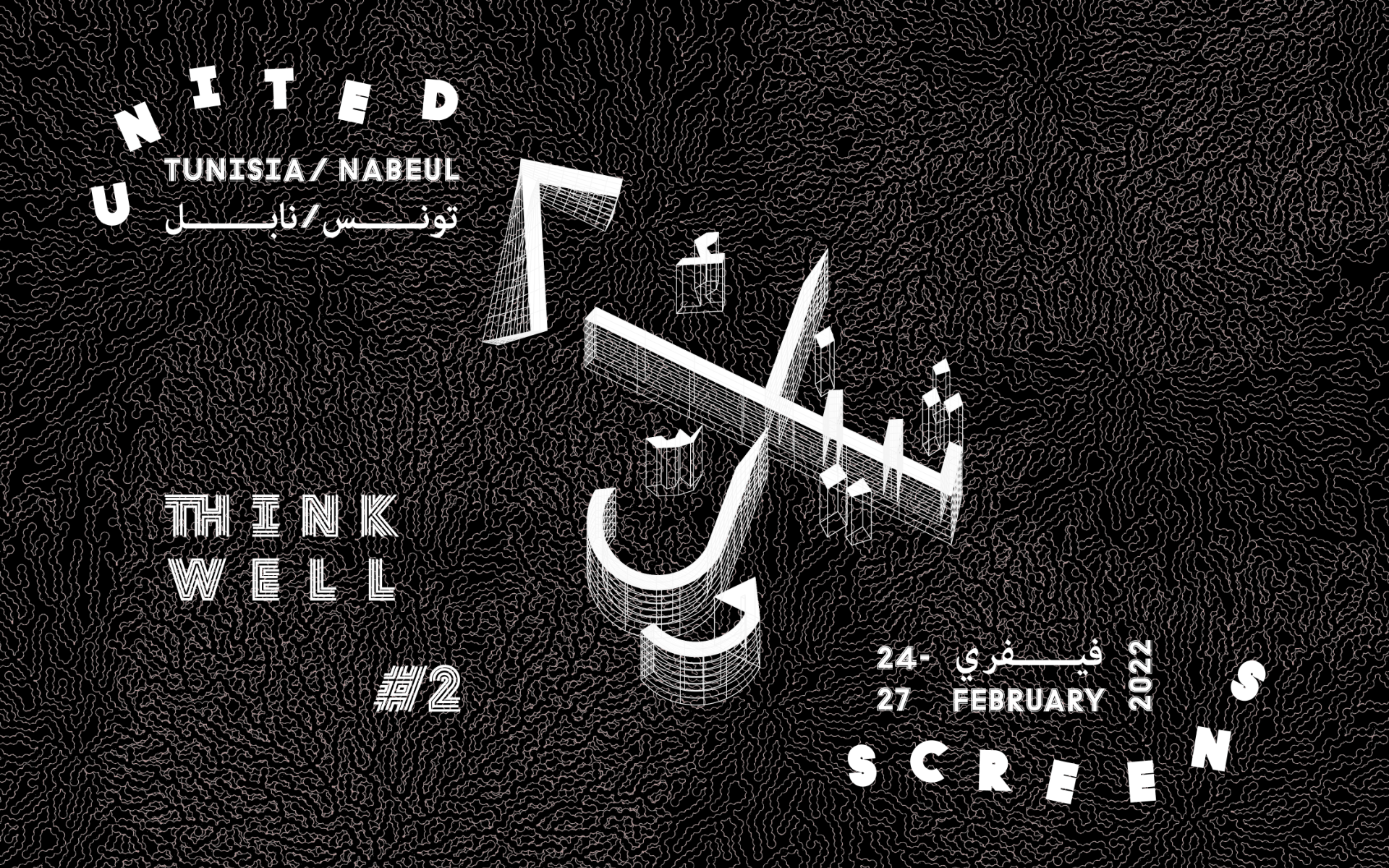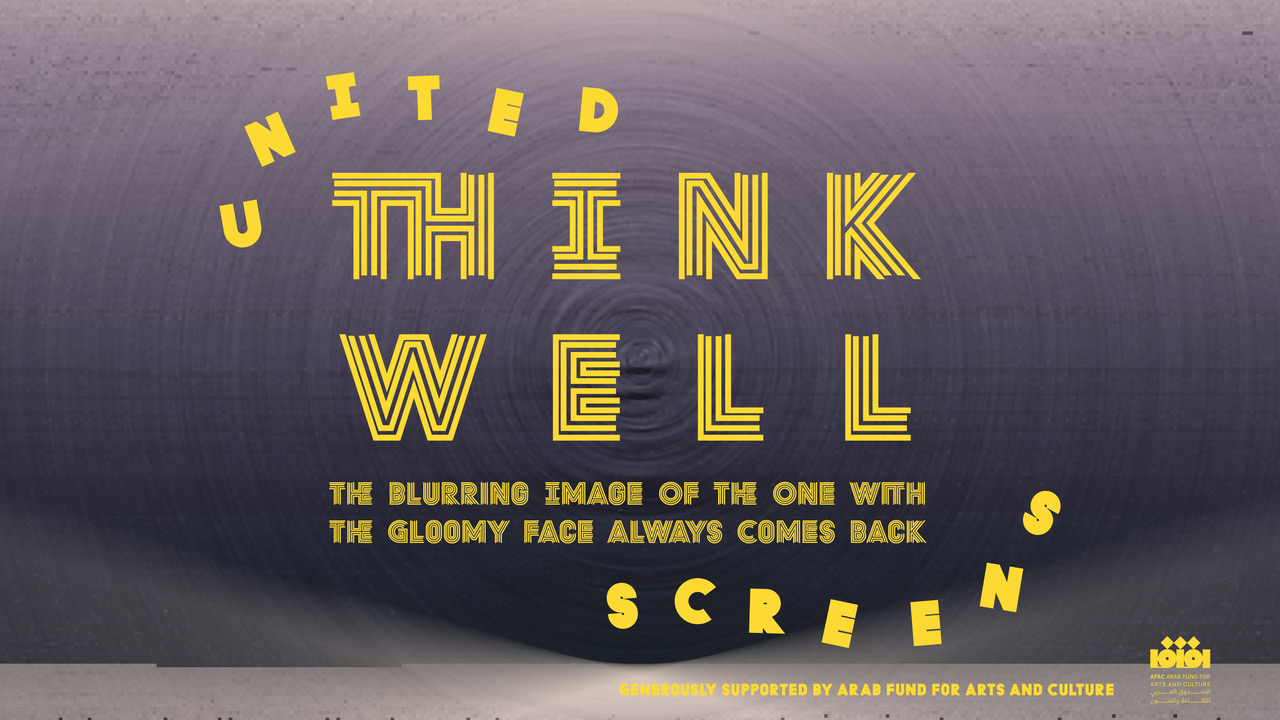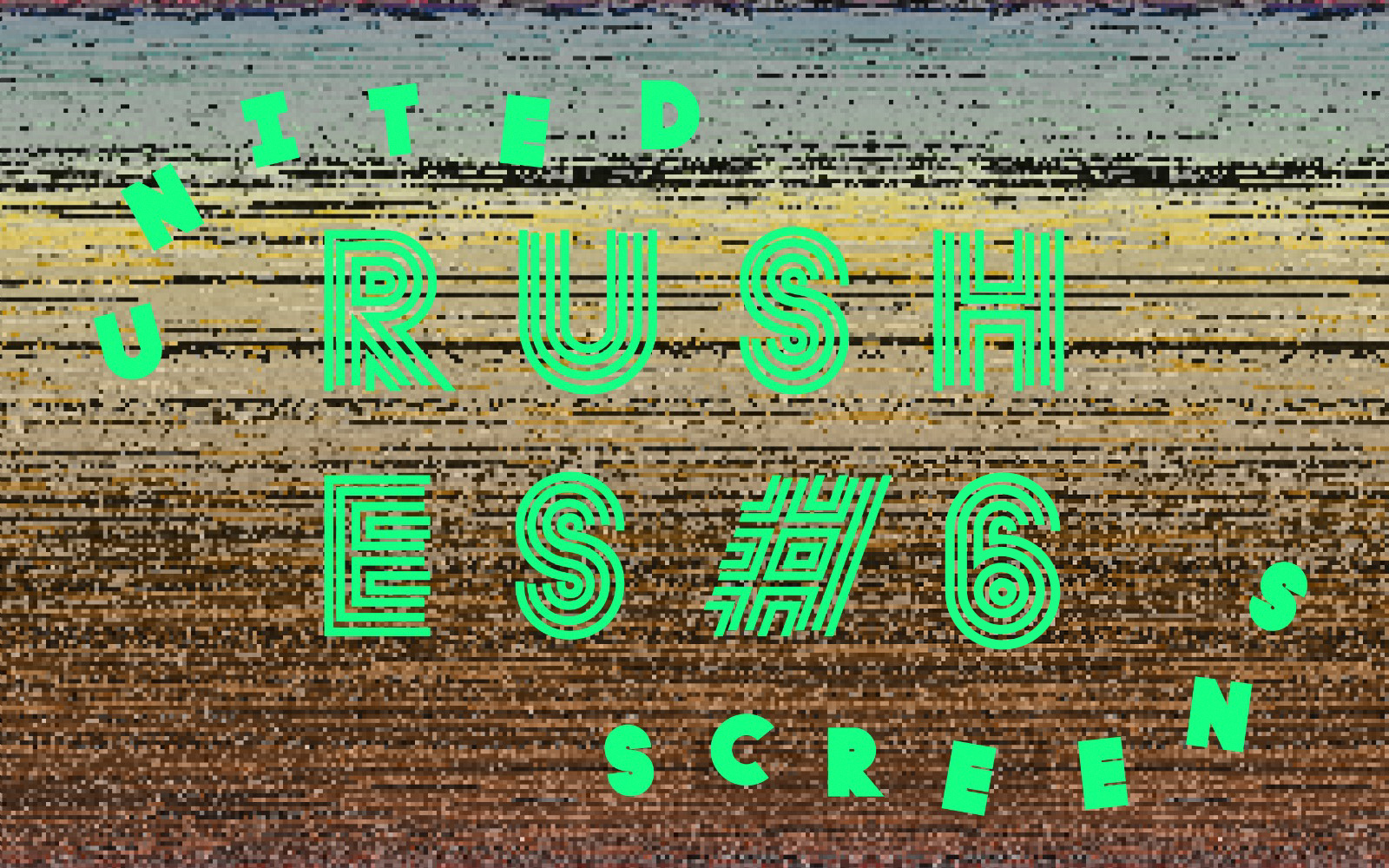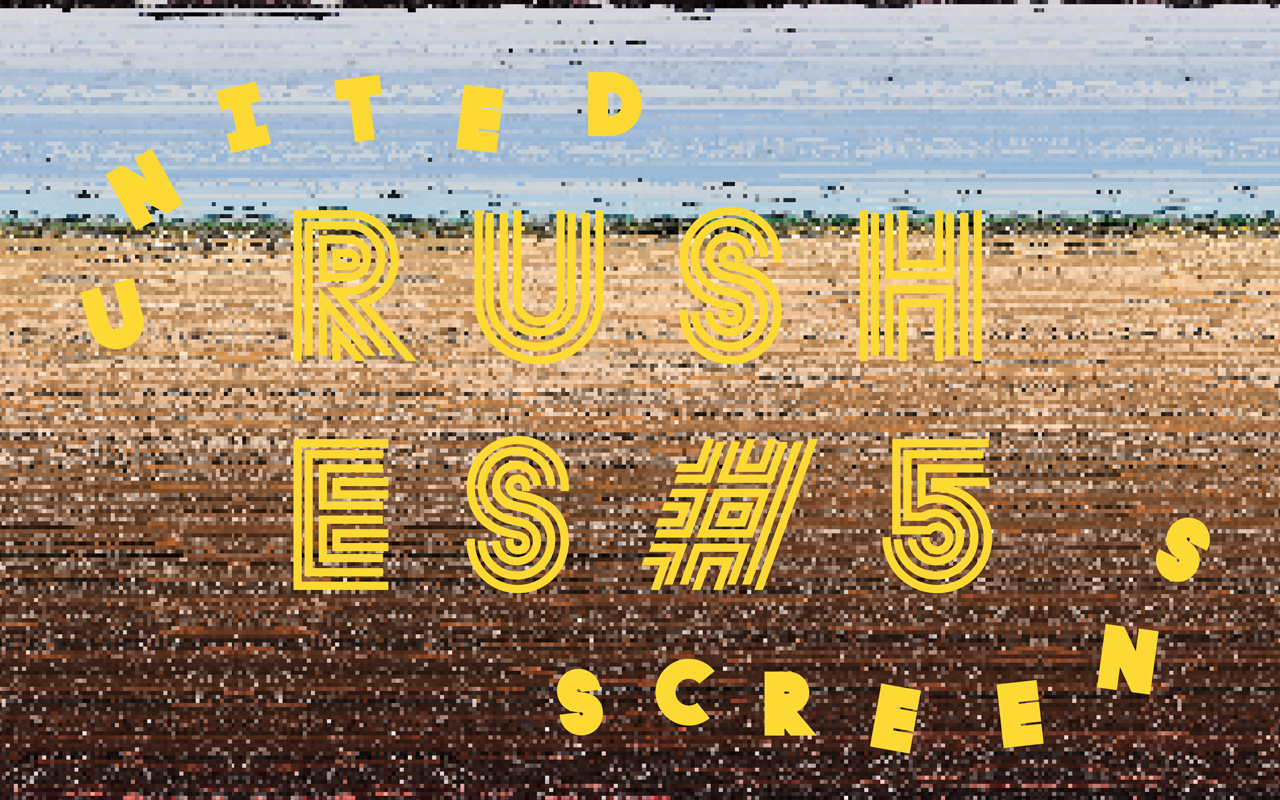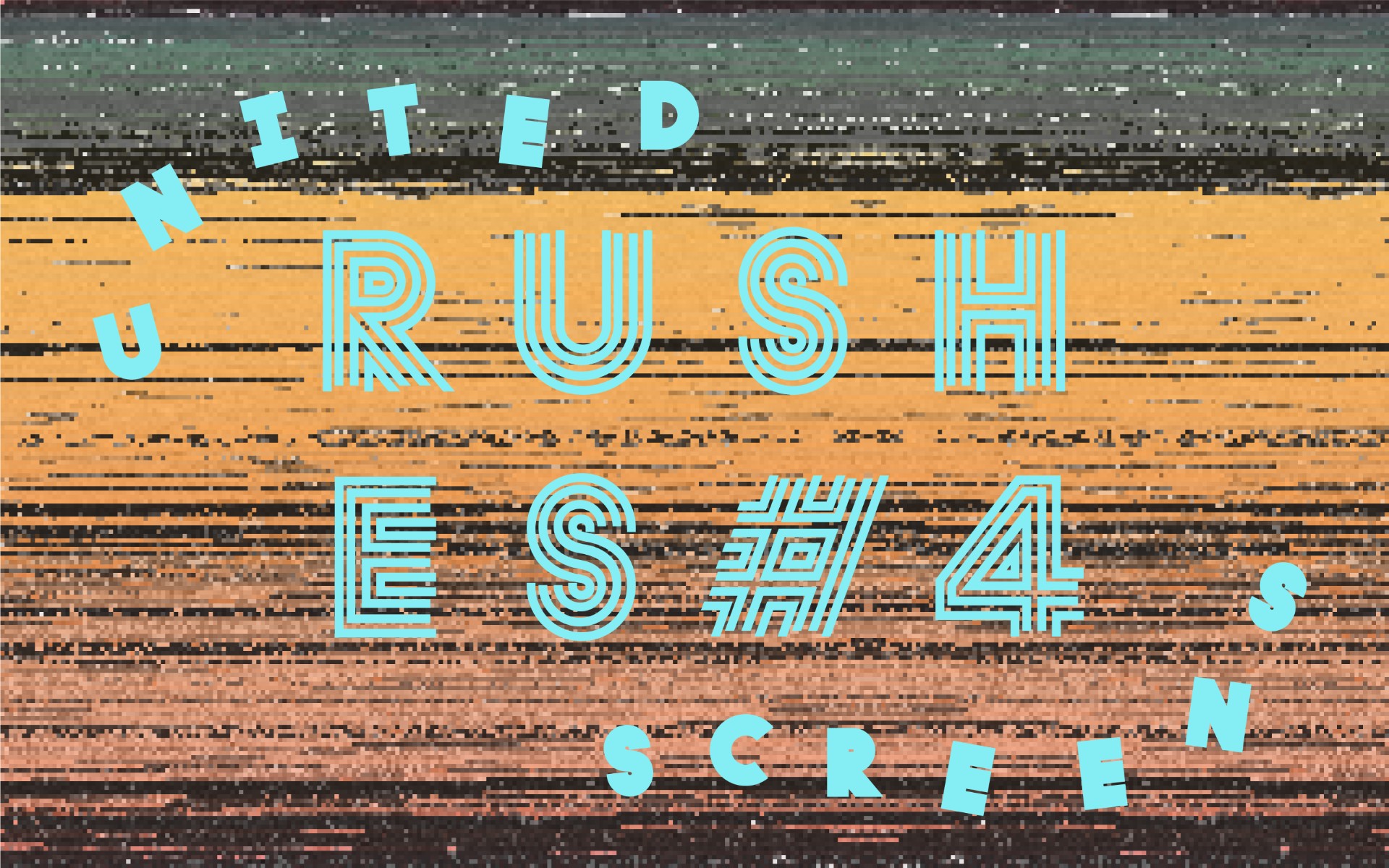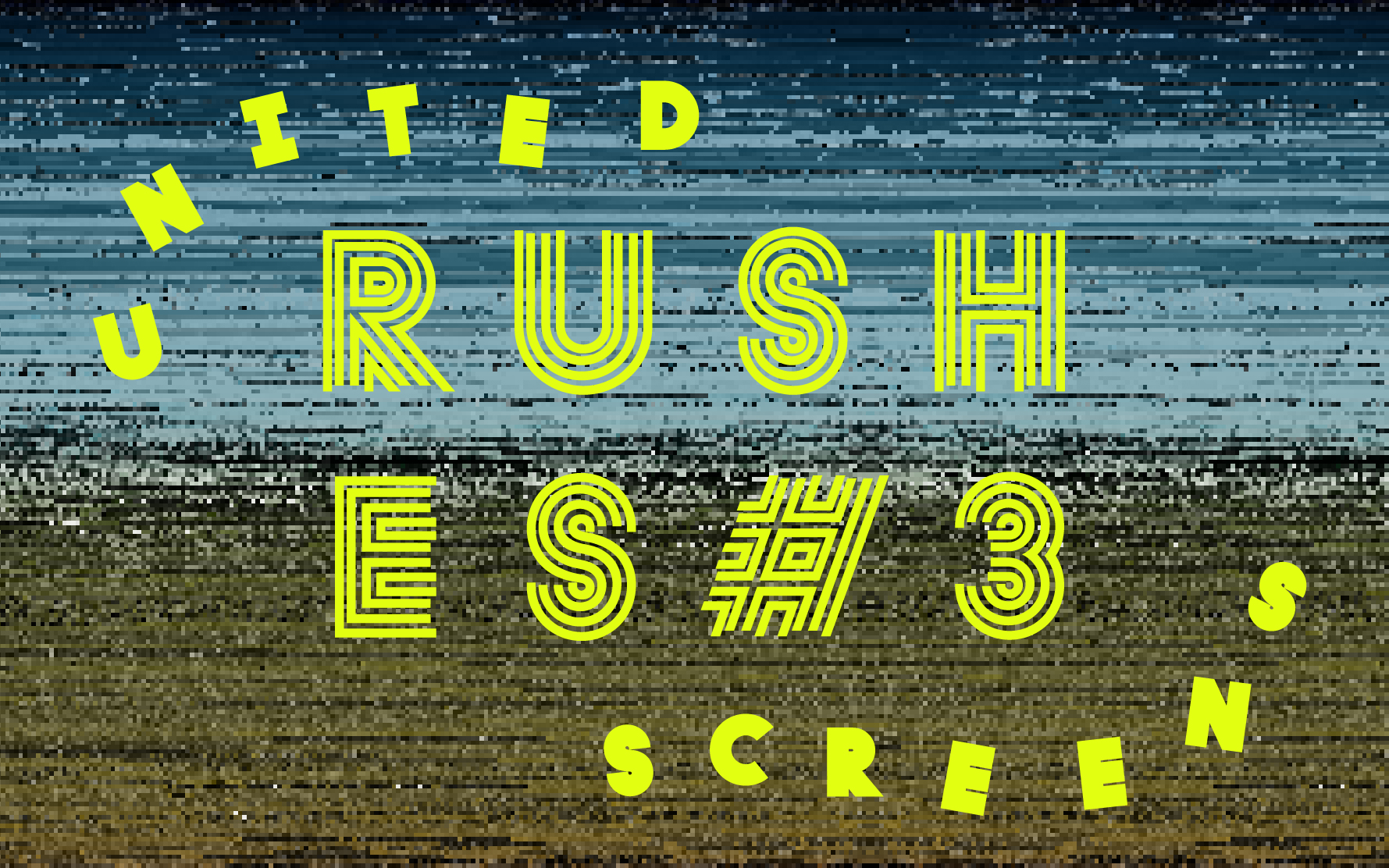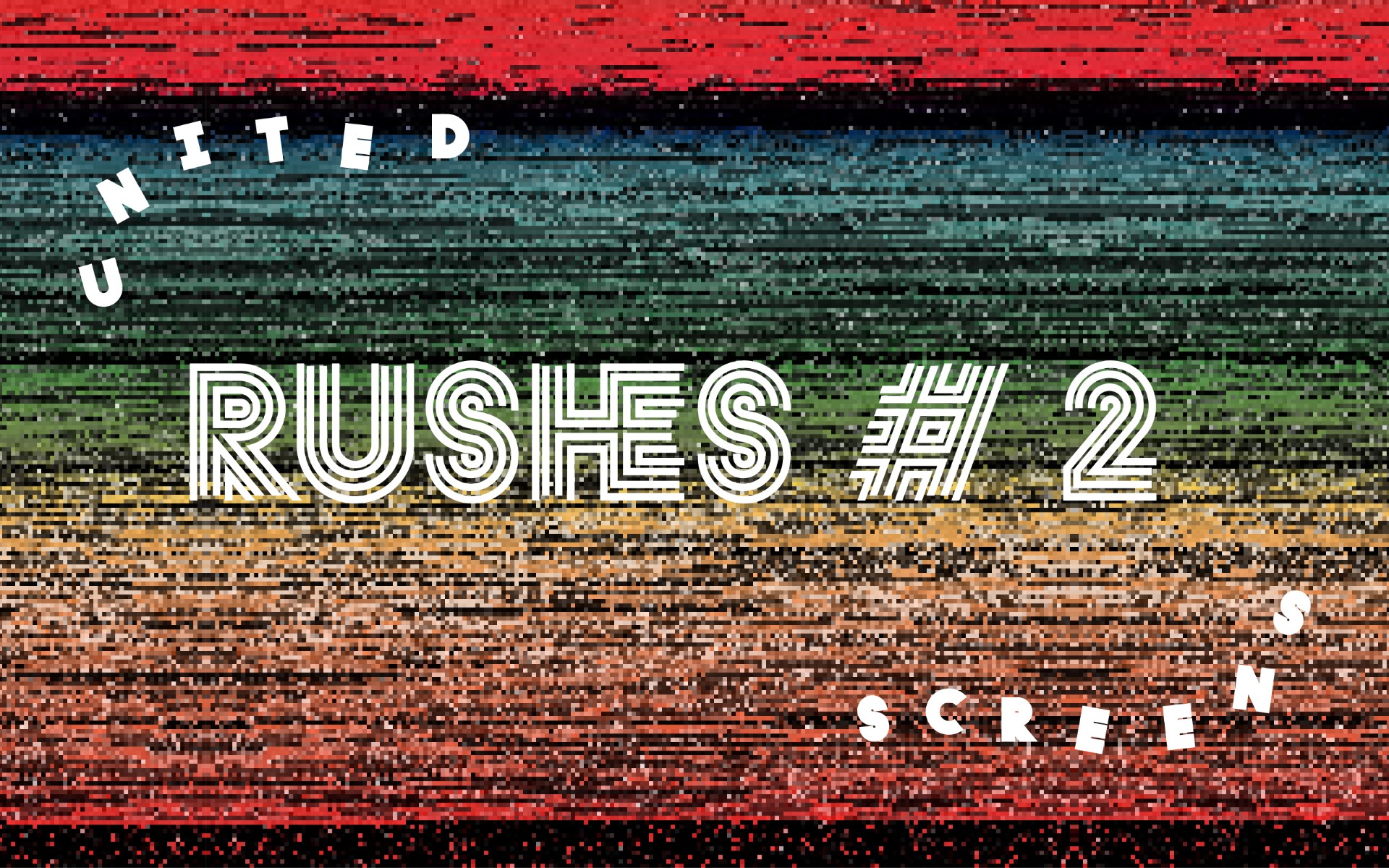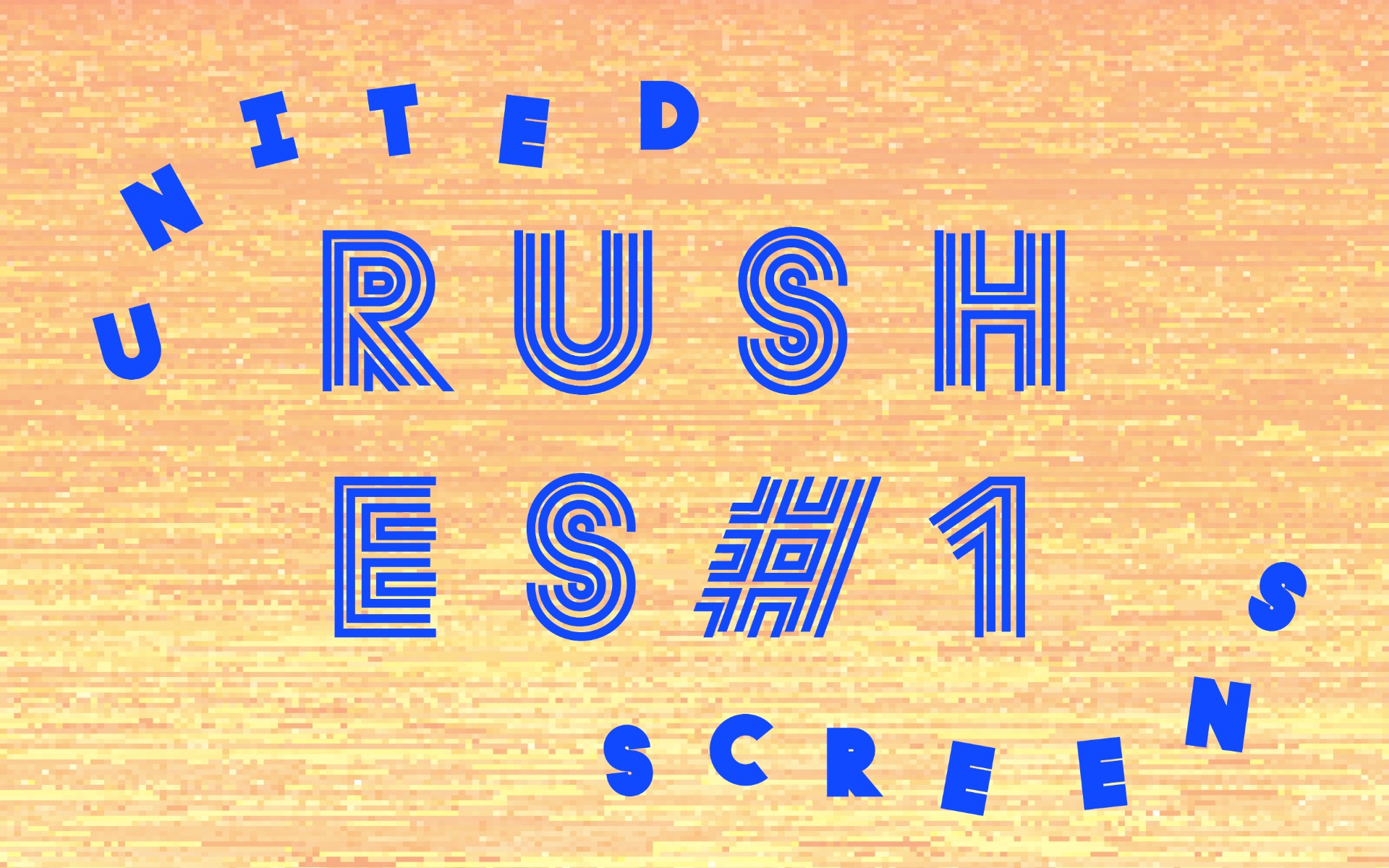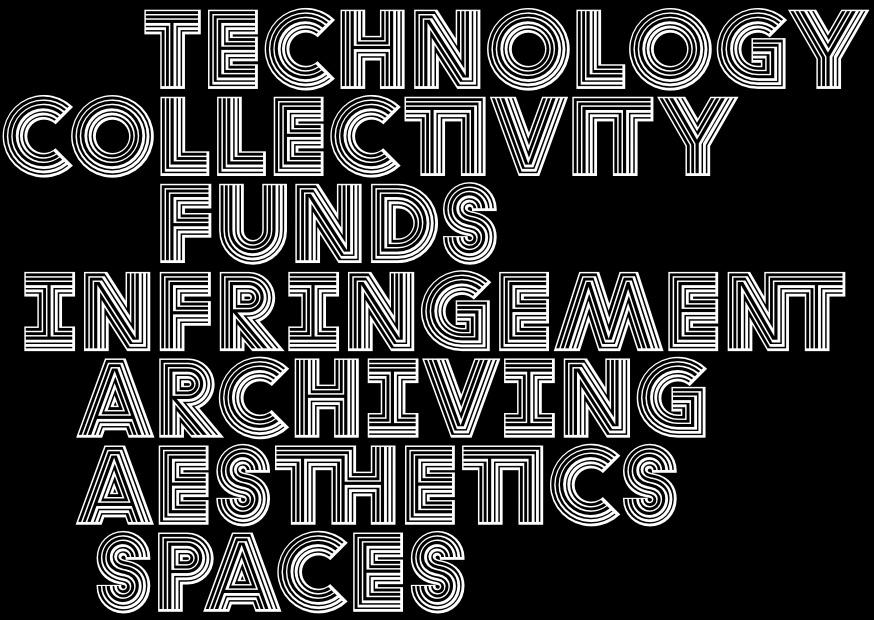Rushes.
Conversations Beyond The Spatial And The Temporal
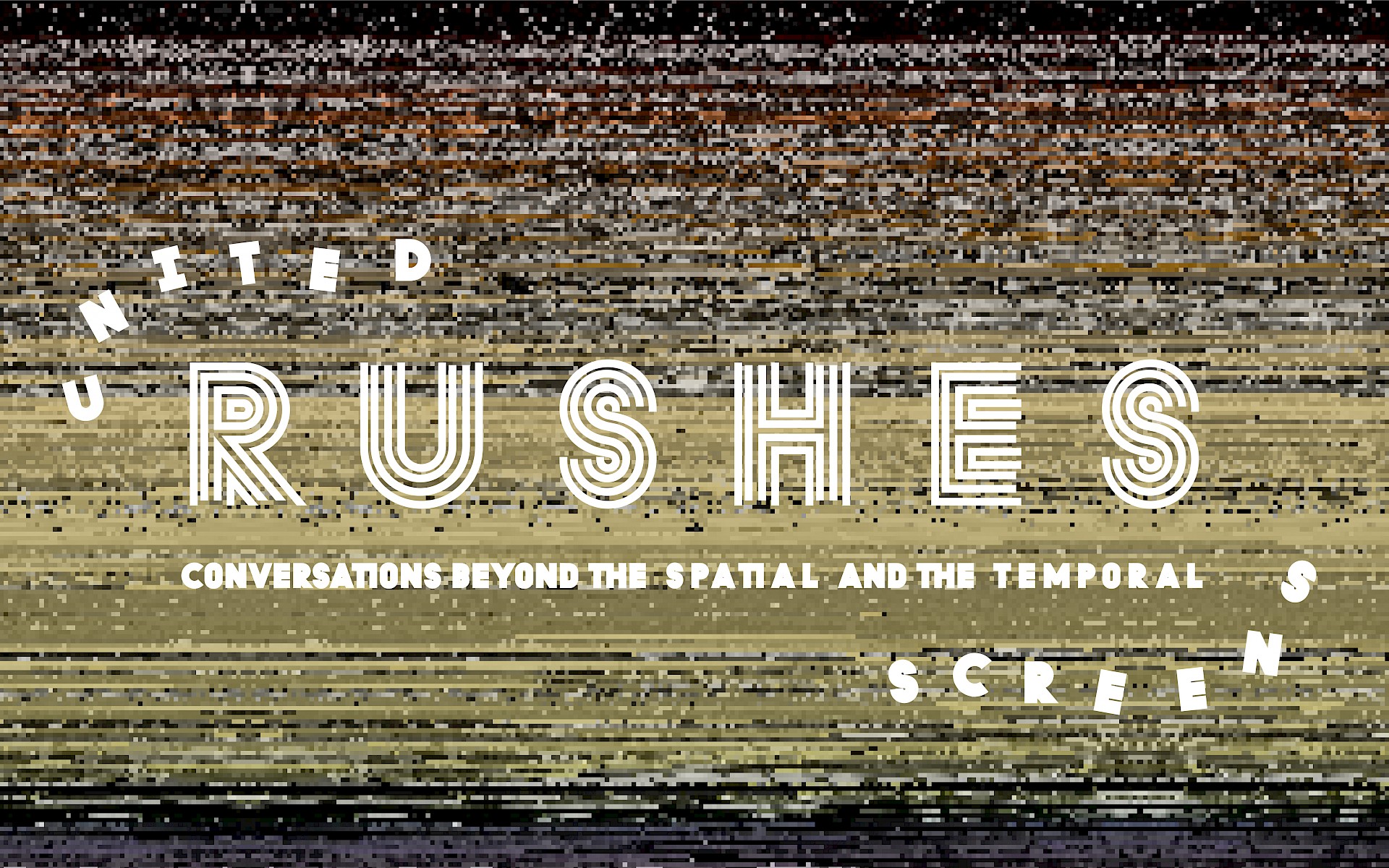
July 2020 SAVVY Contemporary (Germany)
OCTOBER 2020 Wekalet Behna (Egypt)
DECEMBER 2020 Network of Arab Alternative Screens (Lebanon)
January 2021 Estación Terrena Bogotá (Colombia)
APRIL 2021 Arkipel (Indonesia)
ONLINE EVENTs Join us on our Facebook or Youtube channel
To sum up: Our role on the planet is entirely political. Our role, with or without technology, is to make social structures, relationships between people, and between groups. This will enable us to survive as a species on our cosmic vessel. Immortality. We shouldn’t just be making movies we should be changing reality.
The impact of cinema on reality is shaped by the confluence of collectivity and space, among other things. The coming together of communities in a space creates and enables the circulation and exhibition of cinema. In fact, whether it is the silver screens of the multiplex, cinephil videoclubs or pirate tent screenings, the screening space is the place where bodies and minds engage and interact, formulating and incarnating their specific cinema culture. The cinema space turns into a material but metaphysical, durational but metatemporal place for society to reflect on and recreate its opinions, values, ethos, morals, aesthetics, politics and identities.
Technology has been a catalyst of societal transformation, having served as a significant tool to enhance access and democratisation, across history, though the most rapidly since the digital revolution. The digital has created a new awareness of space, promising new tools and opportunities for culture to exist and manifest itself detached from limitations of temporalities and geographies. The increased pace of interconnectedness brought forward by the digital has caused a social acceleration that manifests itself also in the circulation of film – it allows for the dissemination of film and video art within seconds reaching large audiences worldwide. At the same time, technology is perceived as a “new frontier” to be conquered, threatening to become a mere mythical formulation, subject to a perpetuation of schemes of colonial occupation and capitalist domination. [2] Drawing parallels to the dawn of train travel, railway operators couldn’t afford to exclude anyone from travelling, but emulating the social norms of the time, its ethics and understandings, it created a system based on “classes” of passengers. While innovations in digital and internet technologies enables us to imagine new possibilities in reorganising cinema distribution across the Global South, how can we decanonise the current discourse and think technology and digitality from a pluriversal perspective, disrupting geographical imaginaries subject to vertical structures. What informal film distribution ecosystems of the South should we draw our attention to? How can we explore new high-tech possibilities through the lense of analog and low-tech practices? And does the accelerated speed of interconnectedness formulate a new cinematic language/aesthetic?
While we know by now that the international film distribution ecosystem remains a highly static and opaque apparatus, which has traditionally perpetuated colonialities and left independent/auteur filmmakers from the Global South or its diasporas, indigenous, LGBTIQ or femme filmmakers in disadvantageous positions when it comes to telling their stories in their own ways, the project UNITED SCREENS is interested in forging alliances between cultural realities that exist in vulnerable positions, economically, politically, and culturally to understand and learn from each other beyond geographic proximities to imagine a new cinematic infrastructure for the circulation of independent film and video art powered by technology.
Confined to the digital space following the restrictions to social gathering, we want to seize the moment over the next seven months to incubate how this architecture can be supported and mediated by new digital and internet technology. The reason we choose to focus these discussions on the Global South is because we are interested to learn from the cinema practitioners active in the divergent and subversive cinema culture alive (and kicking) through adverse conditions – their bongo [3] inspires us to position the project and it’s research to raise pertinent questions on dominant cinema culture.
So, how can we appropriate technology to work for communities rather than corporations? And how can technology be moulded by communities horizontally and bottom up instead of a cookie-cutter solution imposed on them? How can we learn from informal and “shadow” networks and spaces to building a cinema circulation ecosystem that strengthens alliances between cultural realities that exist in vulnerable positions – economically, politically and culturally? And finally, what many stories would evolve out of these exchanges!
The Rushes are programmed virtual conversations hosted by the UNITED SCREENS network and its affiliates, based in varied parts of the world and contexts. Curated by the individual host spaces, we invite film practitioners and technologists to reflect on and beyond the questions posed previously. Through these moderated virtual conversations we are hoping to learn from different contexts and practices of resistances, subversions, appropriations, cooperations, documentations, financing and accomplishments to integrate these learnings into working towards a decentralized cinema circulation ecosystem. Between each Rushes, we would encourage the audience to send us feedback and questions that will be incorporated into the programming of the content as well. All of these learnings will be the prelude to the physical programme envisioned to bring these voices together in a physical space to forge in discussions, workshops, symposia, screenings over the course of 2021/2022 on how we can collectively shape reality.
UNITED SCREENS is a long term research, networking and exhibition project, conceived at SAVVY Contemporary, Berlin, that intends to create a platform through which a network of community cinema programmers can be enabled to screen quality alternative cinema and video art. These films would be hosted on a de-centrally curated database of alternative cinema/video art. We are working towards a new technology-based platform to distribute independent films produced across the Global South, comprising of African and Asian continents at large, Latin America, Eastern Europe and Indian subcontinent.
Drawing from the combined spirit of the anti-neocolonial Third Cinema proposition of South America, film cooperatives of Indian subcontinent, avant-garde movements of Eastern Europe, as well as, decolonial resistances of the African continent, we at SAVVY Contemporary were inspired to look into cinema practices active in the contemporary “Global South”, and inquire into the challenges and opportunities in their transnational exhibition.
UNITED SCREENS aspires to become a decentralised, yet peer-reviewed and peer-promoted think-tank on film cultures from the Global South.
ARTISTIC DIRECTION Bonaventure Soh Bejeng Ndikung
CURATION Abhishek Nilamber, Laura Kloeckner, Juan Pablo García Sossa
MANAGEMENT Lema Sikod, Jörg-Peter Schulze, Billy Fowo
DESIGN Juan Pablo García Sossa
COMMUNICATIONs Anna Jäger
Live Stream Boiling Head Media
Rushes are organised as part of the SAVVY Contemporary project UNITED SCREENS: NEAR EAST, MIDDLE EAST, FAR EAST. Contemplations on Contemporary Cinema – in collaboration with Wekalet Behna (Egypt), AVEC – L'Association de Volontariats, Échange Culturel et Action des Jeunes (Tunisia), NAAS – Network of Arab Alternative Screens (Lebanon), Estación Terrena (Colombia), and ARKIPEL - Jakarta International Documentary and Experimental Film Festival (Indonesia).
Support This project is generously supported by Arab Funds for Art & Culture (AFAC).
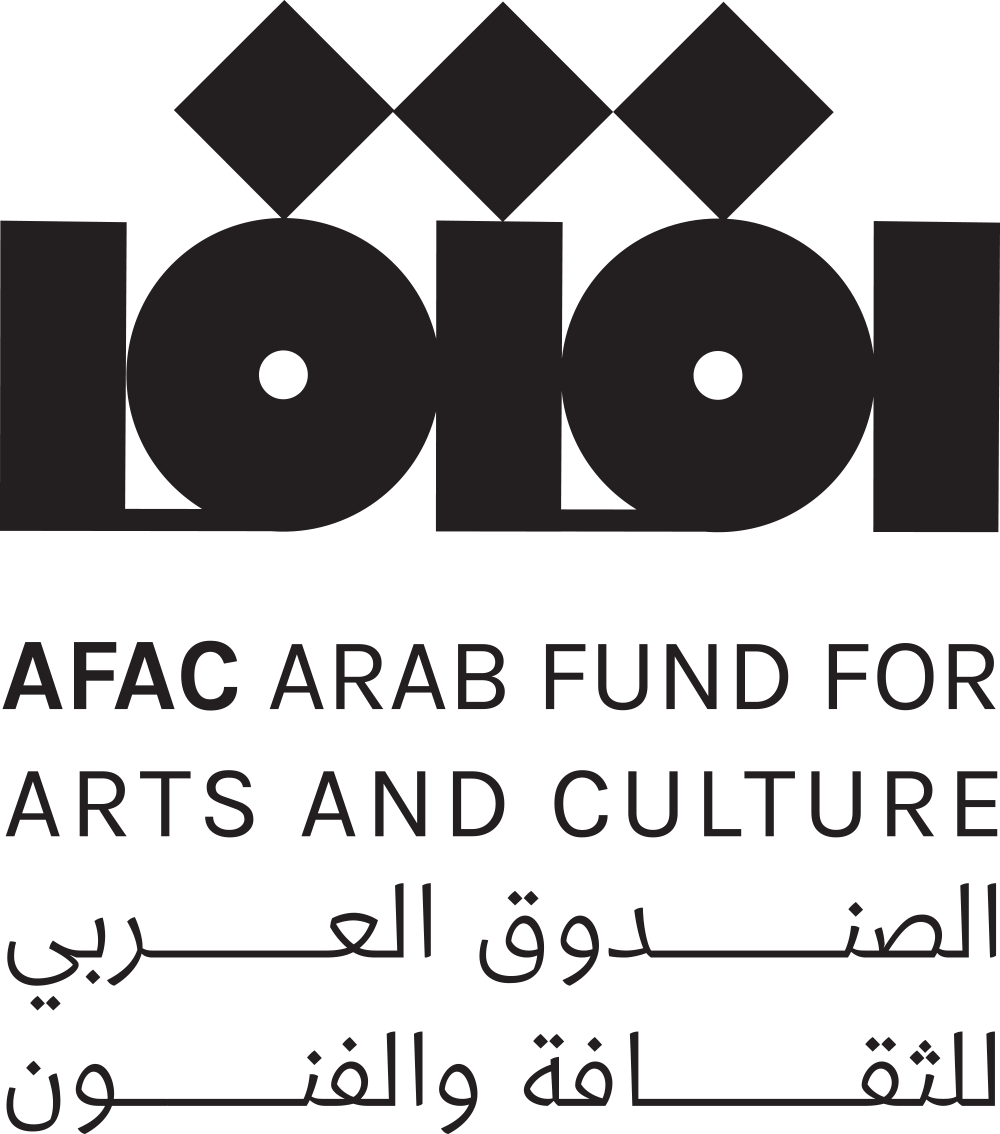
Jean-Pierre Bekolo. "Welcome to Applied Fiction," (Framework: The Journal of Cinema and Media, 2008, 49: 2).
Ziauddin Sardar.: “alt.civilizations.faq: Cyberspace as the darker side of the West”, (Futures, 1995, 27:7)
Bongo is a way of navigating urban spaces with creativity, intelligence and wit, the term came up in 1980s Dar es Salaam. Originating from the Swahili word “bongo” (literally “brain”), the notion refers to the need to use head and hands to survive in Dar. One perspective to look at the use of the term Bongo especially in Tanzanian popular culture is Georges Collinet’s Afropop Worldwide episode on Tanzania’s music scene in the post-independence era: afropop.org/audio-programs/live-from-bongoland-the-history-of-tanzanias-music-economy

